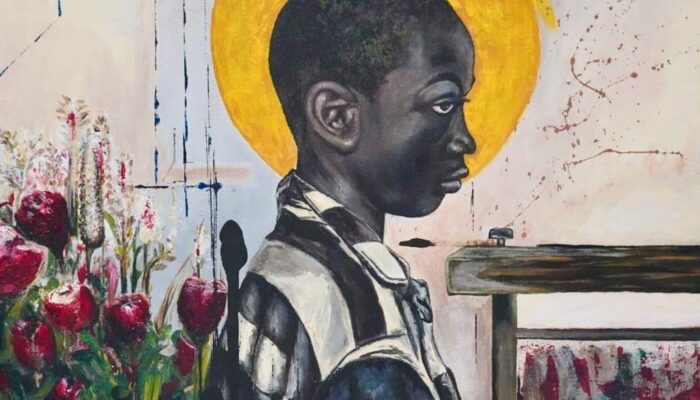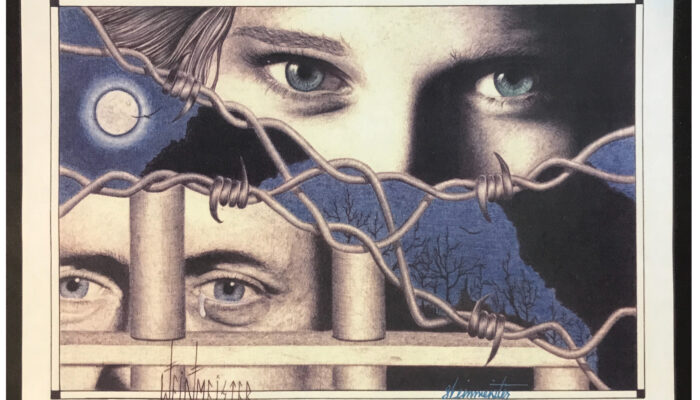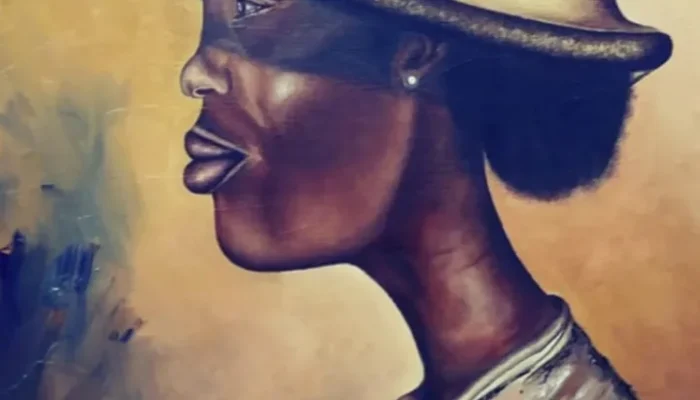By Christopher Soto
So a couple days ago was Audre Lorde’s 80th birthday. Yay! And I’ve been reading/meditating on some of her works, such as ‘Poetry Is Not a Luxury’ — which is an essay filled with knowledge such as:
“…for it is through poetry that we give name to those ideas which are, until the poem, nameless and formless-about to be birthed, but already felt.”
AND
“… within structures defined by profit, by linear power, by institutional dehumanization, our feelings were not meant to survive.”
Damn.
And I have been thinking about such quotes, as they pertain to my current MFA life. As I look at my student debt climb tens of thousands of dollars. As I struggle to find a job which would help me alleviate such debt. Or maybe find some money to invest in my poetry career?
I read a study by the Williams Institute at UCLA called ‘Beyond Stereotypes: Poverty in the LGBT Community.’ My eyes scan a line that states, “transgender people of color had an unemployment rate of four times the national average.” … But I don’t identify as transgender. I identify as a gender-fluid jot@. And so, what does this study mean for me? (insert egotism)
As I prepare for an interview, I rub the nail polish off my fingertips. I keep my lipstick in the shoe box, my heels underneath the bed, my dress in the closet. I will not tell the interviewer that I use “they” pronouns. I will not tell the interviewer to call me “Loma” because my given name is too colonial. I try to tell myself that I am not sacrificing my personhood for this interviewer— that– it’s just— I really need some income.
I get denied from that interview. I try not to blame it on the “culture” that permeates my job resume. The “radical” politics that always spill from my mouth. And I continue filling out applications online.
Applications for jobs. Applications for jobs. Applications for POETRY PUBLICATIONS, CONFERENCES, RESIDENCIES. The poets want more money than I have. And every step of the way, I feel as if I am being compressed into a box that is so much smaller than myself. I feel as if my opportunities are the sum of my race, gender, sexuality, class AND NOT my capabilities.
Los Angeles Review: $3 Reading Fee
Harvard Review: $3 Reading Fee
ZYZZYVA: Mail Copies Only
Ok, well the cost of a stamp is only 49 cents. I can do that. I’ll just print my poems at the library, get an envelope at the post office, I’ll walk there after class. And if I don’t submit to the other two journals then I’ll still have enough money for dinner… Or should I just submit to them anyways and tell Michael that I’m coming over to eat again? I debate which is worse (this night): shame or hunger?
At dinner, Michael and I discuss sex worker’s rights, policing, violence, agency, prison abolition, and if I’m emotionally ready to start doing sex work. I tell him about my histories with physical abuse and how I’m scared to let people into such close proximity to me. I tell him that I understand sex work as a consensual exchange and a legitimate form of income — it’s just — that — I’m still scared…
And I am narrating this to you because THIS IS MY REALITY. These are my conversations, this is my train of thought. This is how I feel every time that a dollar bill comes between the production and exportation of my poems. And I feel that, too often, this poetry community functions around notions of class privilege. Where (it seems as if) a dollar is just another dollar, nothing to worry about.
The Walt Whitman Award: $30 entry fee
The Macdowell Colony: $30 entry fee
And the list goes on…
The Breadloaf Writer’s Conference offers ‘Work-Study Scholarships.’ But that only covers $2,200 of the retreat’s total cost ($2,935).
VONA offers tuition scholarships but what about Room & Board costs ($650)?
And even if I could save enough money to attend these retreats, what about travel expenses? …I could apply to the “WC&C Scholarship” with AWP (to cover my travel fairs) BUT there is no guarantee of my acceptance. And the reading fee is another $10. So…
Someone in my MFA program told me that we have to pay our dues to be part of the community. But I have tens of thousands of dues in debt already. I have hours and hours from unpaid internships logged in. And I am wondering, when is it okay to say “My love, you are exploiting me.” When is it okay to say “I have a list of complaints and no resolutions; can we come to the table and talk?”
And I believe that the core of this problem is the manner by which such “dues” are viewed. I believe that (at large) “dues” are viewed as minuscule and isolated costs– without acknowledgement of how each “isolated cost” contributes to the sum of class oppression.
IN OTHER WORDS: folks say, “it’s just a three dollar reading fee” and dismiss the (accumulative) financial burden which is placed on aspiring poets (who attempt to knock on the gates of the poetry community). The aspiring poets are expected to uphold the finances of the organizations that deny them entrance. Gatekeepers then applaud themselves for granting access, to a select few, into their organizations, becoming complacent about their stake in class oppression… And for me, this whole process is an exploitation of people’s dreams (pacified by the capitalistic notion that such fees are necessary to uphold the literary merit of a community).
So what I’m trying to say is- please think of the faces who are paying (and who are not able to pay) submission fees. Please think of the ways that racism, sexism, homophobia, etc. have been institutionalized and used to perpetuate class oppression. What I’m trying to say is- that we should be in solidarity with all members of the poetry community; NOT just the members whose work we are exporting.
And my prerogative is not to shame any of the aforementioned organizations. I understand that they too may be struggling with financial instability; And that they too have sacrificed much to advance the literary arts. Rather, my prerogative is to provoke a conversation about class in the contemporary (American) poetry scene and the possibility of alternative manners of fundraising (which stand in solidarity with low income peoples). I believe, that at a minimum, space can be created for this conversation to be had.
So now, before leaving you, to continue this conversations on your own; I’d like to share a quote by Audre Lorde with you. May it inspire you, as it has inspired me… The quote is from A Litany for Survival– “and when we speak we are afraid/ our words will not be heard/ nor welcomed/ but when we are silent/ we are still afraid.// So it is better to speak/ remembering/ we were never meant to survive.”
Christopher Soto (aka Loma) is a queer latin@ punk poet who is concerned with dismantling patriarchy and white supremacy. They are currently curating Nepantla, an e-journal dedicated to queer poets of color, in collaboration with The Lambda Literary Foundation. They have work forthcoming from Columbia: A Journal, Acentos Review, Anti-, and more. They are an MFA candidate in Poetry at NYU.



